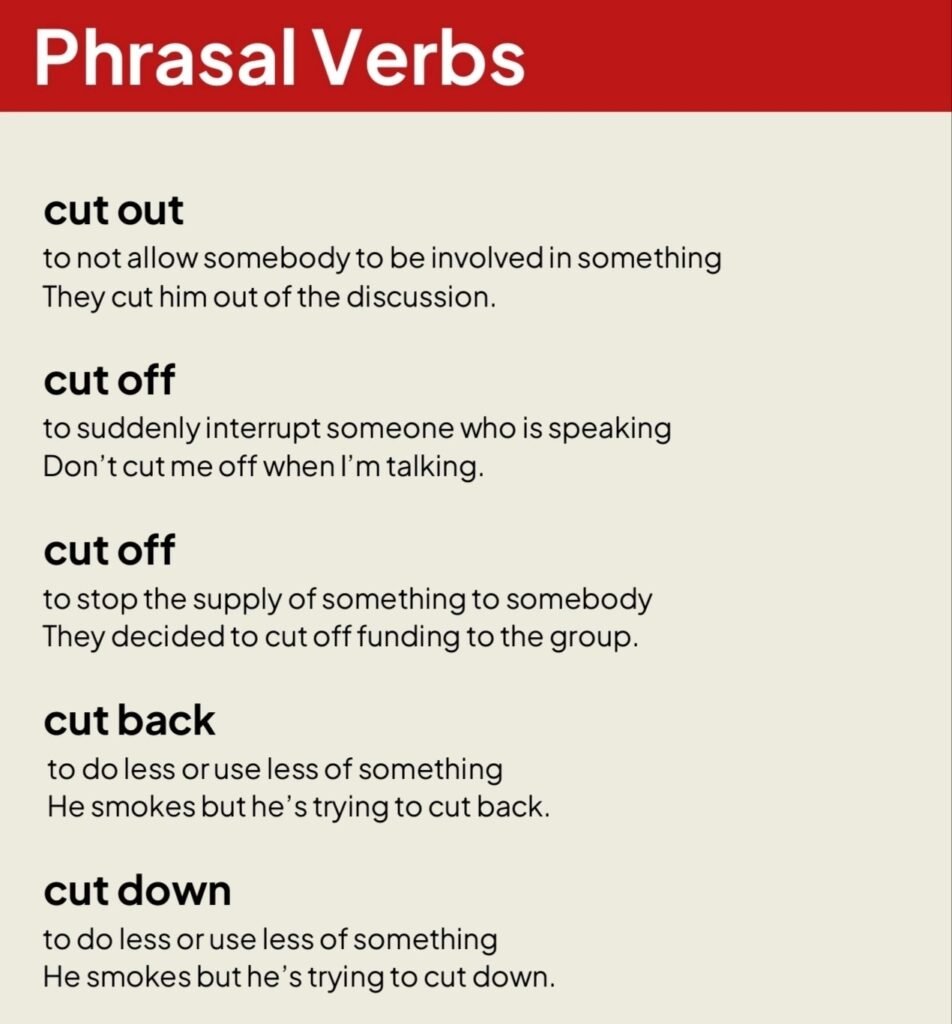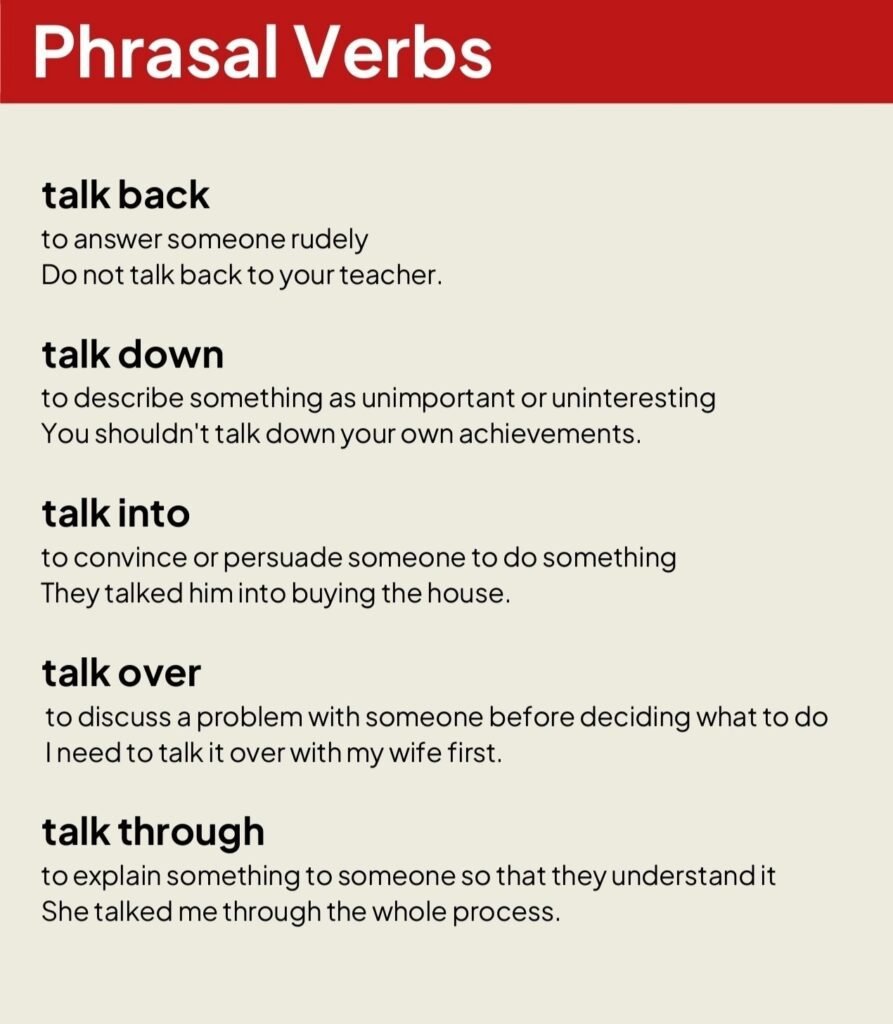
Phrasal Verbs: How They Can Make or Break Your English Conversations
Phrasal verbs are a common feature of the English language, but they can be tricky to master. They are formed by combining a verb with one or more prepositions or adverbs, resulting in a new meaning that may not be immediately apparent. For example, “drag on” means to last a long time and “go on about” means to talk about something for a long time.
In this article, we will explore some of the most common phrasal verbs that are used in everyday conversations, focusing on those that relate to things that last a long time or are quite boring.
“Drag on” is a phrasal verb that means to last a long time or to be boring. For example, “The meeting dragged on forever.” This phrasal verb can be used in the present, past, or future tense. It is important to note that the verb “drag” is in the past tense in this example, indicating that the meeting has already happened and lasted a long time.
Another common phrasal verb is “rely on”, which means to depend on someone or something. For example, “I can always rely on my family.” This phrasal verb can be used in the present or future tense, and it is often used in conversations to express trust or confidence in someone or something.

“Go on about” is another phrasal verb that means to talk about the same thing for a long time, often in a boring or repetitive manner. For example, “My friend is always going on about her new diet.” This phrasal verb takes two prepositions, “on” and “about”, and is commonly used in informal conversations.
It is important to note that phrasal verbs can greatly enhance your English conversations, but they can also make them more difficult to understand if used incorrectly. Therefore, it is important to practice using phrasal verbs in context and to pay attention to the meaning of the individual words that make up the phrasal verb.
In conclusion, phrasal verbs are an important part of the English language, and they can greatly enhance your conversations. However, they can also be tricky to use correctly, so it is important to practice using them in context and to pay attention to the meaning of the individual words that make up the phrasal verb. With practice, you can master phrasal verbs and become a more confident and fluent English speaker.For more tips visit :justpractice.online